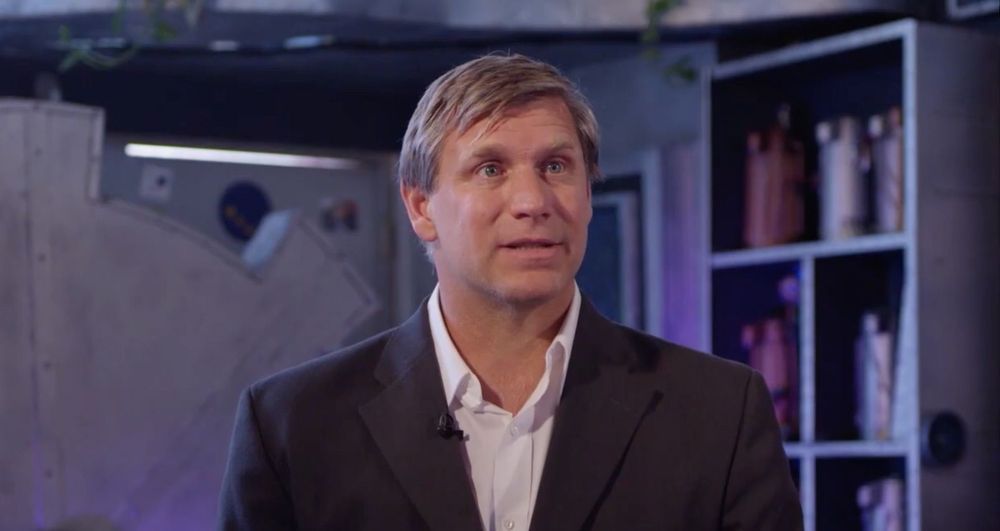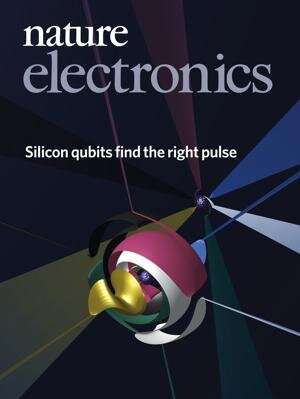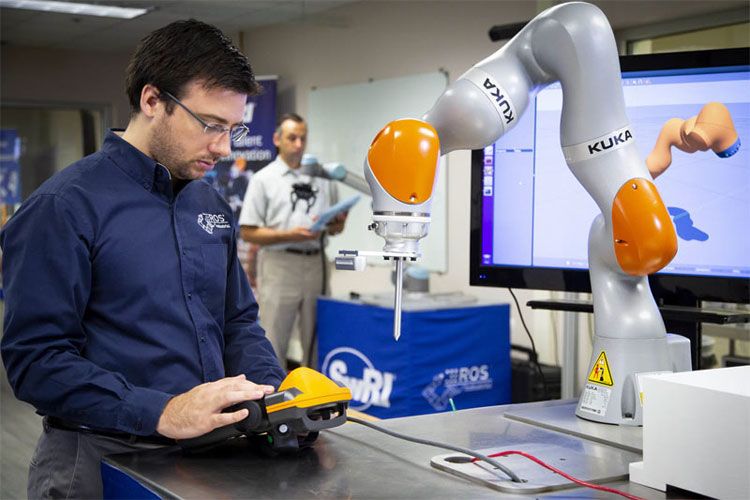Revival of disembodied organs raises slew of ethical and legal questions about the nature of death and consciousness.




A new story on my latest article from #transhumanism critic Wesley J. Smith:
Oh my. Two of contemporary society’s most prominent anti-human utopian movements — radical environmentalism and materialistic transhumanism — appear on the verge of a bitter showdown.
When you think about it, that makes sense. Both movements see themselves as the future’s only hope. But their core purposes are incompatible. Radical environmentalists — “nature rights” activists, deep ecologists, Gaia theorists, and their fellow travelers that elevate nature above humanity — hijacked and refashioned traditional environmentalism into a mystical neo-earth religion that disdains homo Sapiens as a parasitical species afflicting the earth. These radicals hope to thwart our thriving off the land in order to “save the planet.” Indeed, I sometimes believe that if they could, they would forcibly revert our species to hunter/gatherers — without the hunting part.
In contrast, transhumanism denigrates both the natural world and normal human life as irredeemably limited, and worst of all, ending in death! They yearn to possess extraordinary capacities without having to work to attain them. Rather than pursue virtue, transhumanism expects to overcome human nature through applied technology. Indeed, movement prophets predict the coming of “Singularity” — a discreet moment in time when unstoppable cascading technology will enable transhumanists to “seize control of human evolution” and reengineer themselves into an immortal “post-human species.”
The intellectual peace between these competing social movements was recently breached by Zoltan Istvan, one of transhumanism’s most creative apologists, who ran for president in 2016 on a plank of defeating death and garnered scads of earned media by touring the country in a bus fashioned to look like a coffin. In an all-out frontal assault on the hallowed presumption of contemporary environmentalism, Istvan not only writes that “nature isn’t sacred” (can you hear the gasping?), but he committed an even worse anti-environmentalist sin by arguing that “we should replace it.”

Bacterial cells that normally colonize our guts can distinguish themselves from other bacterial species using what’s traditionally considered their enemy—a virus. Researchers report April 16 in the journal Cell Reports that some bacteria use viruses that have infected them (i.e., phages) for self-recognition and thereby show greater fitness, repelling competitors that lack this adaptation.
This is the first evidence that cells can distinguish themselves from related competitors through the use of a virus. The implications are that we should re-evaluate the relationship between a virus and its cellular host in that there are sometimes benefits to having a viral infection.”

Yale is making waves. They have had great Research papers over the past 3 years. Some of which has proven my constant words now for two decades that we have a pandemic plague that attacks our individual Eukaryotic cells the day long causing What AEWR Has named the Senesonic plague the disease we have called aging. Respect r.p.berry & AEWR https://adamandevewordresearch.blogspot.com/
The researchers did not hail from House Greyjoy — “What is dead may never die” — but came largely from the Yale School of Medicine. They connected 32 pig brains to a system called Brain Ex. Brain Ex is an artificial perfusion system — that is, a system that takes over the functions normally regulated by the organ. Think a dialysis machine for the mind. The pigs had been killed four hours earlier at a U.S. Department of Agriculture slaughterhouse; their brains completely removed from the skulls.
Brain Ex pumped an experiment solution into the brain that essentially mimic blood flow. It brought oxygen and nutrients to the tissues, giving brain cells the resources to begin many normal functions. The cells began consuming and metabolizing sugars. The brains immune system kicked in. Neuron samples could carry an electrical signal. Some brain cells even responded to drugs.
The researchers have managed to keep some brains alive for up to 36 hours, and currently do not know if Brain Ex can have sustained the brains longer. “It is conceivable we are just preventing the inevitable, and the brain won’t be able to recover,” said Nenad Sestan, Yale neuroscientist and the lead researcher.
There is a link to the full vid. “Life extension escape velocity in 10 years.” Here is currently my favorite go to link in support of this potential: https://www.nextbigfuture.com/2019/01/delivery-of-45-age-rev…eview.html

A world-record result in reducing errors in semiconductor ‘spin qubits’, a type of building block for quantum computers, has been achieved using the theoretical work of quantum physicists at the University of Sydney Nano Institute and School of Physics.
The experimental result by University of New South Wales engineers demonstrated error rates as low as 0.043 percent, lower than any other spin qubit. The joint research paper by the Sydney and UNSW teams was published this week in Nature Electronics and is the journal’s cover story for April.
“Reducing errors in quantum computers is needed before they can be scaled up into useful machines,” said Professor Stephen Bartlett, a corresponding author of the paper.

S\xC3O PAULO, April 16, 2019 — A new technique for decontaminating organs before transplantation using UV and red light irradiation has been developed by researchers at the São Paulo Research Foundation (FAPESP) in partnership with the University of Toronto. The biophotonic decontamination technique, which was initially developed to decontaminate lungs with viral infections such as hepatitis C, could help prevent transmission of diseases to organ recipients and increase the number of transplants.

A solution that enables industrial robots to scan and manipulate metallic objects that are too “shiny” for machine vision to process has been developed by Southwest Research Institute (SwRI) and ROS-Industrial, the industry consortium initiated by SwRI in 2012 to support cost-shared applied R&D for advanced factory automation. The project integrates intelligent part reconstruction using the second generation of the Robot Operating System (ROS2) framework to improve 3D image perception when robots autonomously sand and finish parts.

ETH spin-off Archilyse promises nothing less than the “world’s most comprehensive architecture analysis” on its website. The young entrepreneurs are attracting a lot of interest in the real estate sector.
Is a four-room apartment family-friendly or more suitable for a couple? How can office space be optimally divided so that its users feel comfortable? Archilyse helps to answer these kinds of questions. Based on address information, floor plans and 3D models, the ETH spin-off’s platform delivers various simulations and analyses of a property and makes them available to project developers, architects and real estate companies via an interface.
“A young family, for example, might be interested in the soundproofing between the children’s rooms and the living room, whether you can see the play area from the living room and whether the children’s rooms are bright enough to not impair the children’s cognitive abilities,” explains Archilyse founder Matthias Standfest.